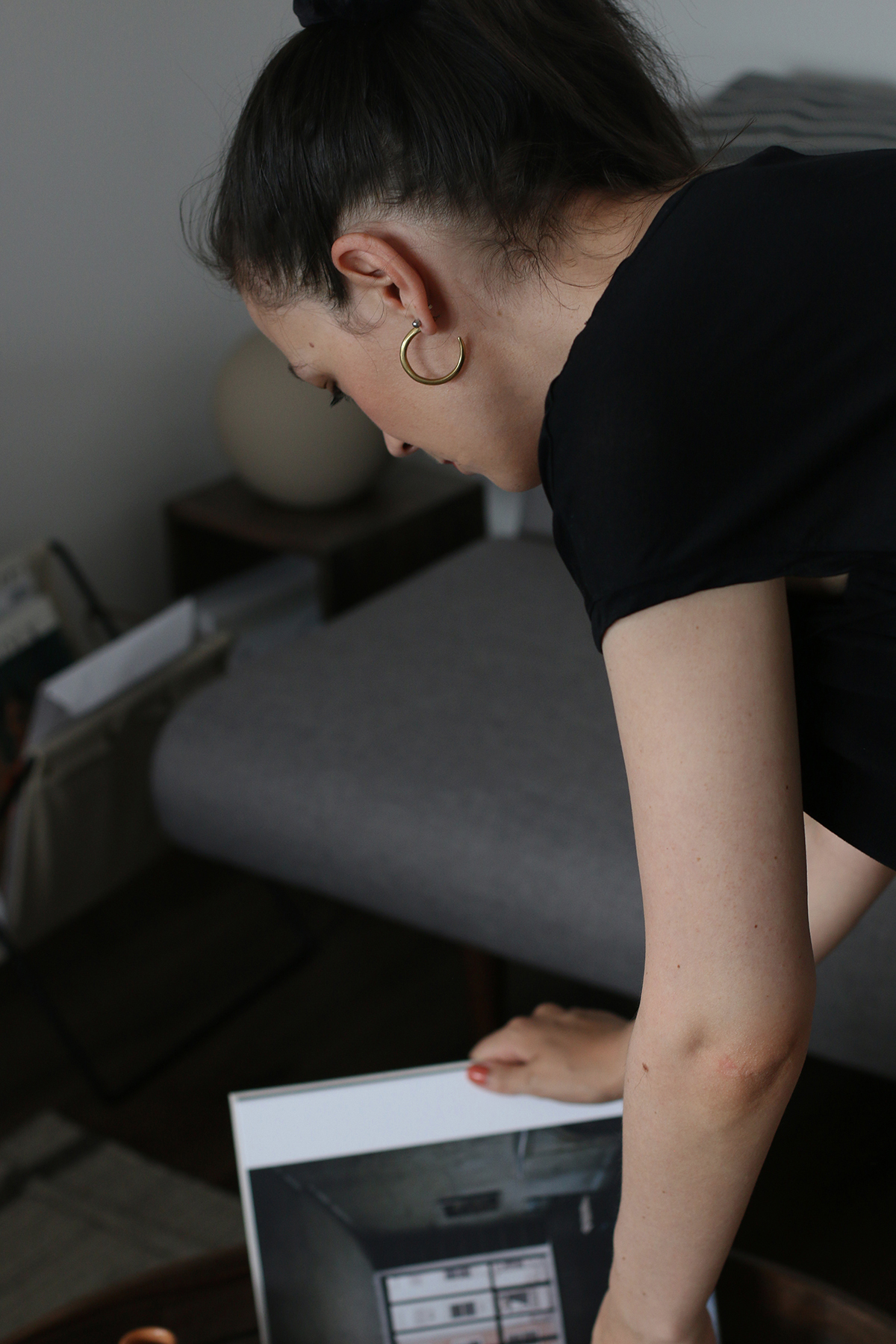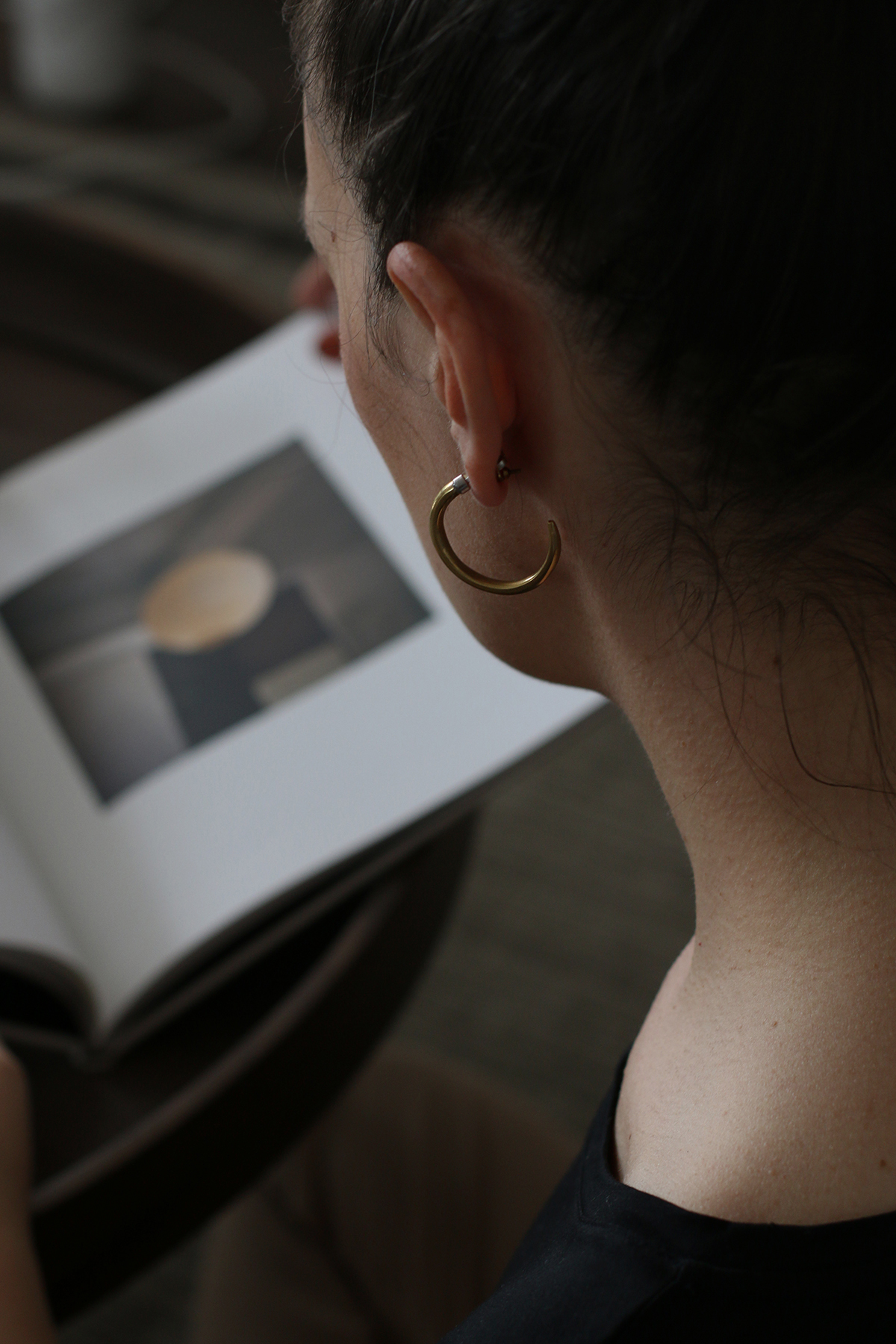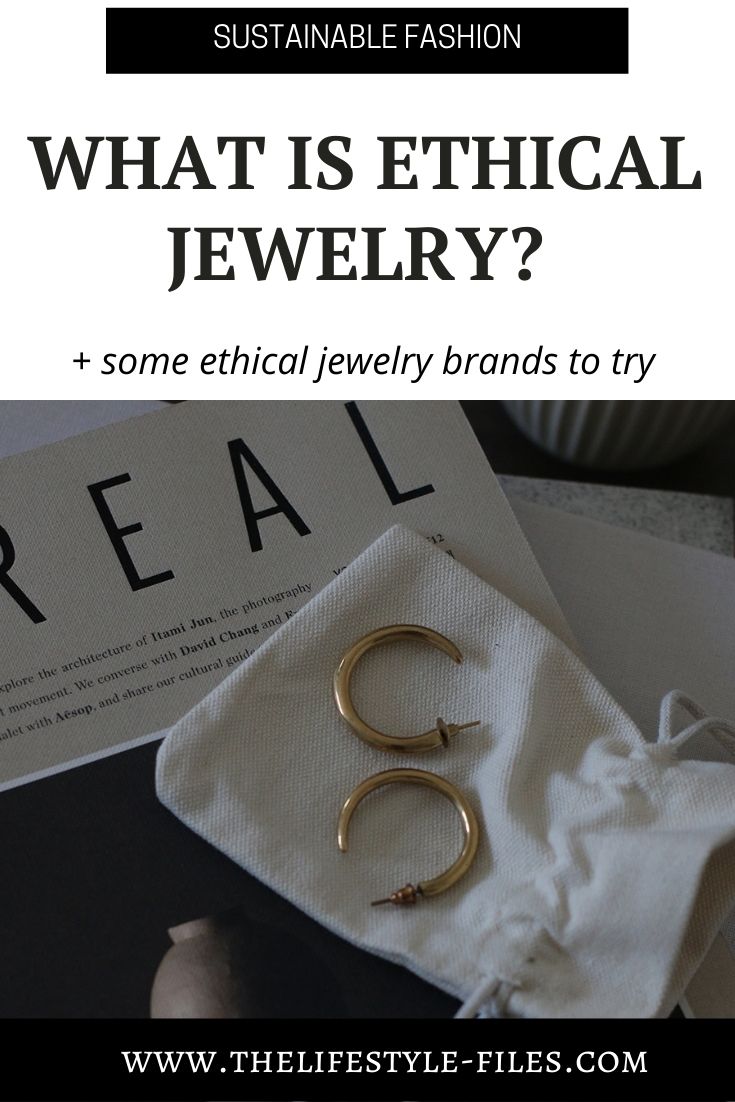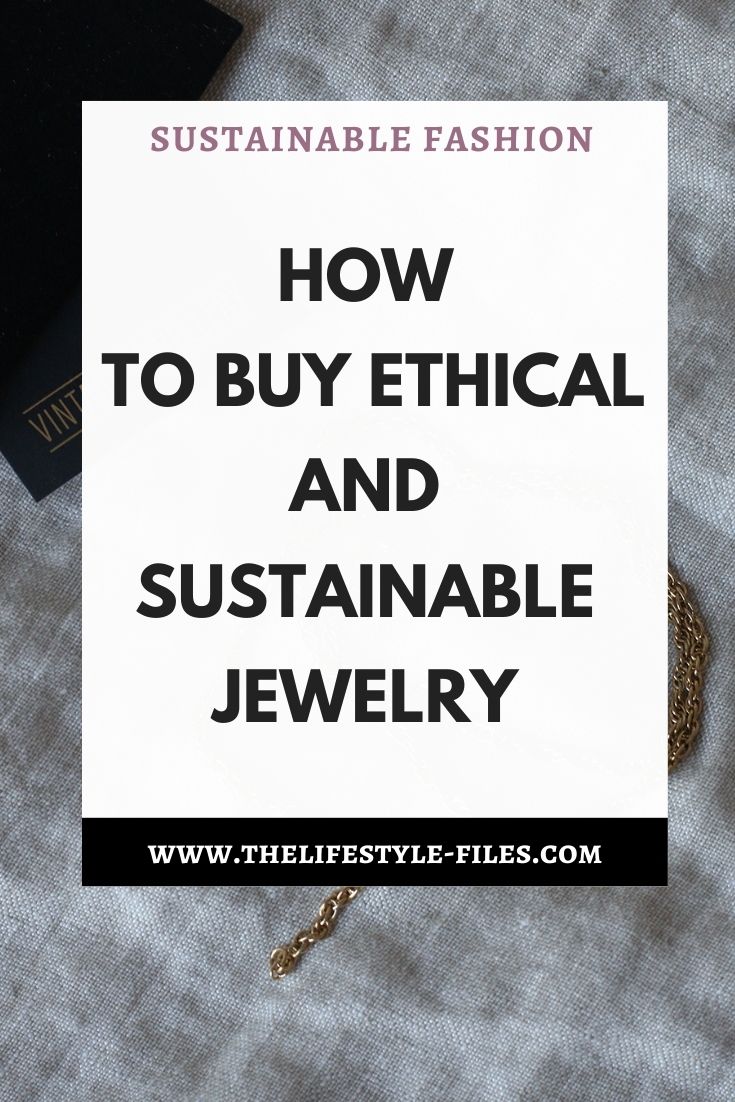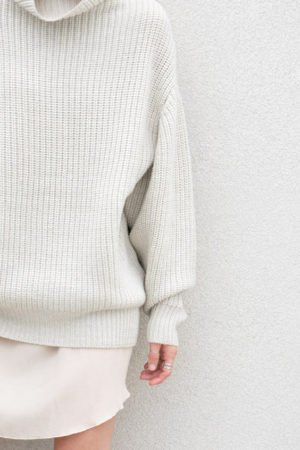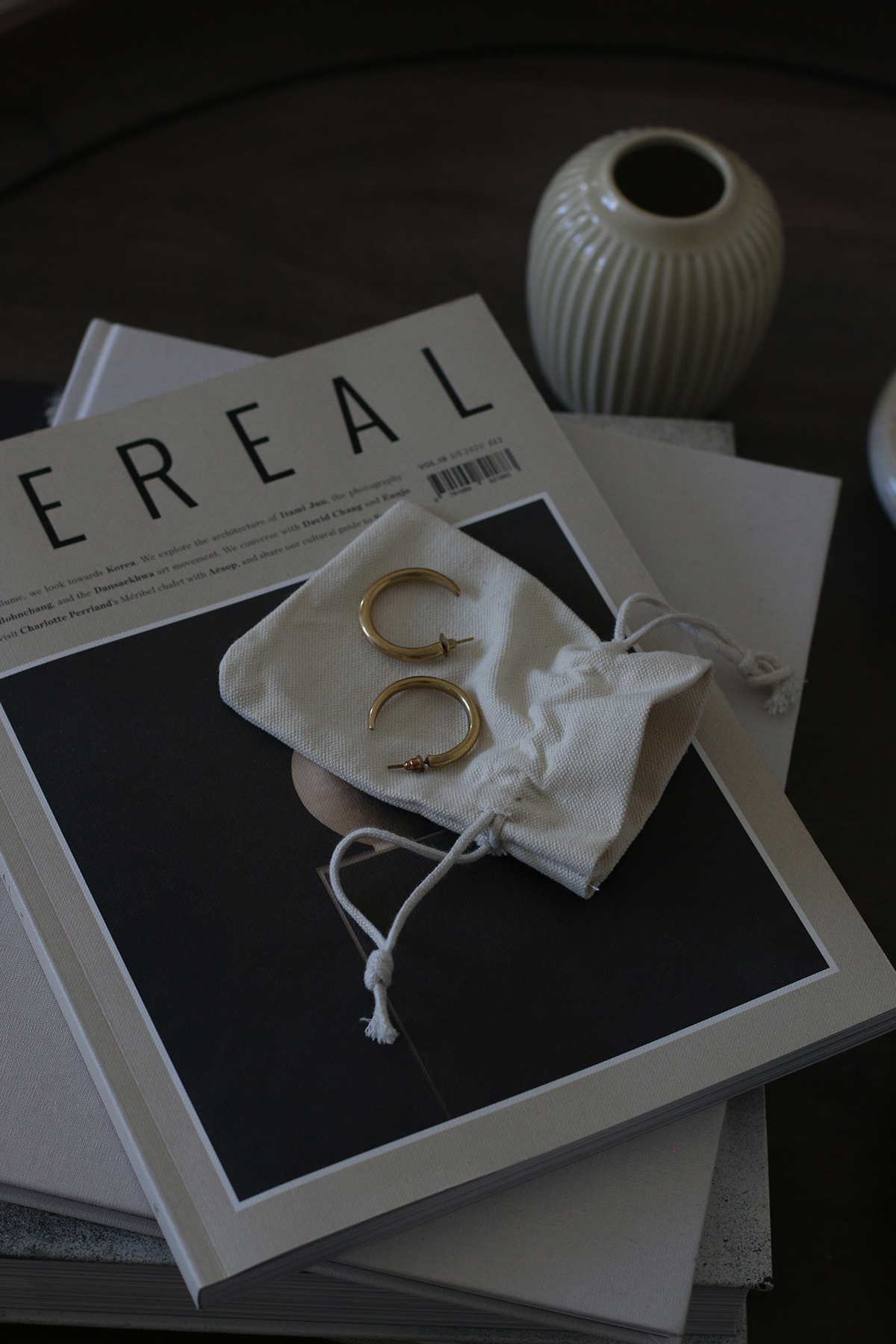
While I was doing research for this post, I kept thinking about how incredibly sad and unjust it is that something that is connected to love and joyful and special occasions in the mind of one part of the world means totally the opposite, destruction and suffering, for the other. But then again, unfortunately, there’s nothing new or unique about this – jewelry is just another example of the unfair nature of capitalism when we buy something with our money, but someone else is paying the real price.
There are a LOT of environmental and ethical problems in the jewelry industry. In fact, in some cases, the situation is even darker than in the regular fashion sector, mainly because the supply chains are incredibly complex and the materials often come from faraway locations that are not really known for fair labor rights and environmental standards. This proves to be a problem even for producers who would like to be more transparent and ethical about their business.
For example: if you’re an ethical clothing brand based in Spain, it’s perfectly doable to buy locally grown cotton and produce your clothes in local factories. You can shorten the supply chain, provide oversight, and ensure that environmental regulations are met and human and labor rights are respected. But if you’d like to make diamond jewelry, the situation becomes a lot more complex. The supply chain is incredibly long: diamonds can exchange hands 10-20 times before they reach the consumer, so often brands do not even know where the material comes from and how they were mined. Because of their great monetary value, a lot of corruption and abuses occur during that journey, especially as some of the biggest diamond mines in the world are located in conflict-ridden countries.
I couldn’t possibly list and explain in detail all the environmental and social issues of the jewelry industry (for lack of space, but mainly of expertise), so if you’d like to learn more, I recommend reading this Time article on blood diamonds or this report on human rights abuses by the Human Rights Watch. I’ll just provide a very short summary of some of the issues here:
+ Mercury pollution – small-scale and poorer miners often use mercury to separate the gold flakes from the dirt and rock (read this story to see how these miners live and work), but mercury is a highly toxic chemical that is very dangerous to human health and the environment. The mercury poisons the miners and pollutes the soil and water, ultimately destroying the whole ecosystem.
+ Blood or conflict diamonds and gemstones – these are precious stones extracted in conflict zones, often by forced (child) labor, that are used to fund warlords, insurgents, and rebel movements.
+ Unfair and dangerous labor conditions – blood diamonds are just the tip of the iceberg, jewelry miners and producers on the lower part of the supply chain are routinely exposed to a lot of dangers from inhaling toxic particles to working in unstable and dangerous pits and get only a tiny fraction of the money their work produces.
+ Deforestation, soil erosion, water pollution – forests are cleared to make space for mines and the mining creates a lot of toxic waste that can lead to the permanent destruction of soil and water.
So, what can we do?
Knowing all these issues, can something like ethical jewelry even exist?
3 ways to buy ethical and sustainable jewelry
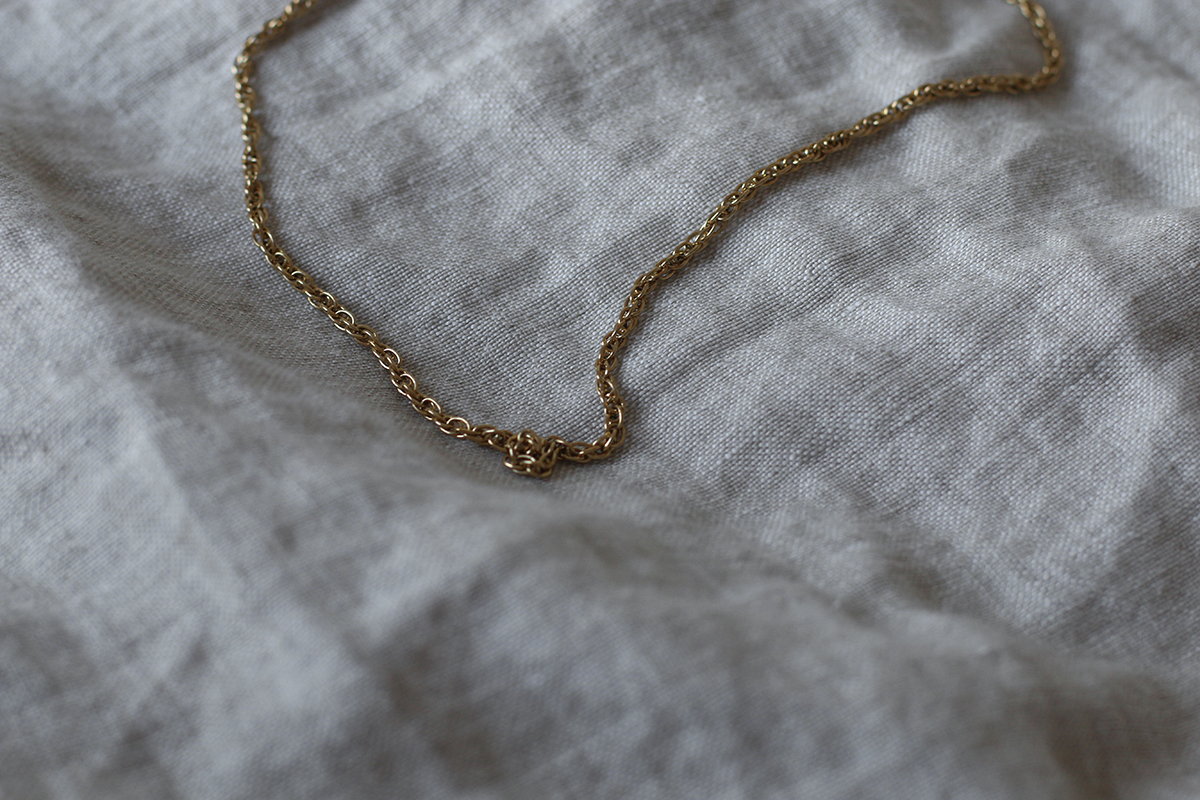
Vintage and antique jewelry
If you want the best option – go for vintage. Vintage jewelry is as sustainable as it gets. It requires no new resources to be made, and there are no added manufacturing and processing impacts. You can also rest assured that what you’re buying (if you’re buying from reputable sources) is a quality piece – after all, it stood the test of time.
So, where should you look for unique vintage jewelry?
+ Flea and antique markets
It may take a little bit of patience and some knowledge about materials to sort through the knickknacks, but flea markets are great for finding unique antique and vintage jewelry. I actually found one of my favorite bracelets at a small stand at Portobello Market in London more than 10 years ago for like €5. Its quality is still exceptional, it’s truly one-of-a-kind and it proves that you don’t necessarily have to pay big money for pieces you can love and wear for a long time.
+ Auctions
Auctions often offer really valuable and rare pieces. At university, I actually did one of my internships at an antique auction house in Budapest and I’ve seen so many beautiful gold, silver, and diamond jewelry come in and be auctioned off. The good thing about auction houses is that experts always appraise the items, (their age and value) so you can trust that you’re actually buying authentic vintage or antique pieces.
+ Curated vintage shops
I already wrote a post about my favorite curated online shops where you can find minimal style vintage clothing, but since then I’ve also come across some that are specialized in beautiful vintage jewelry. My favorite is The Nines, a shop that offers beautiful vintage jewelry as well as some upcycled unique pieces. The collection features a lot of statement jewelry, but if you prefer minimal style pieces (like me) look out for their collaboration with another vintage supershop, Retold Vintage as they sell pretty stackable minimal necklaces. I bought one in their latest drop in August and it’s in perfect condition. Just follow them on social media to know when the next drop is as pieces usually go really fast.
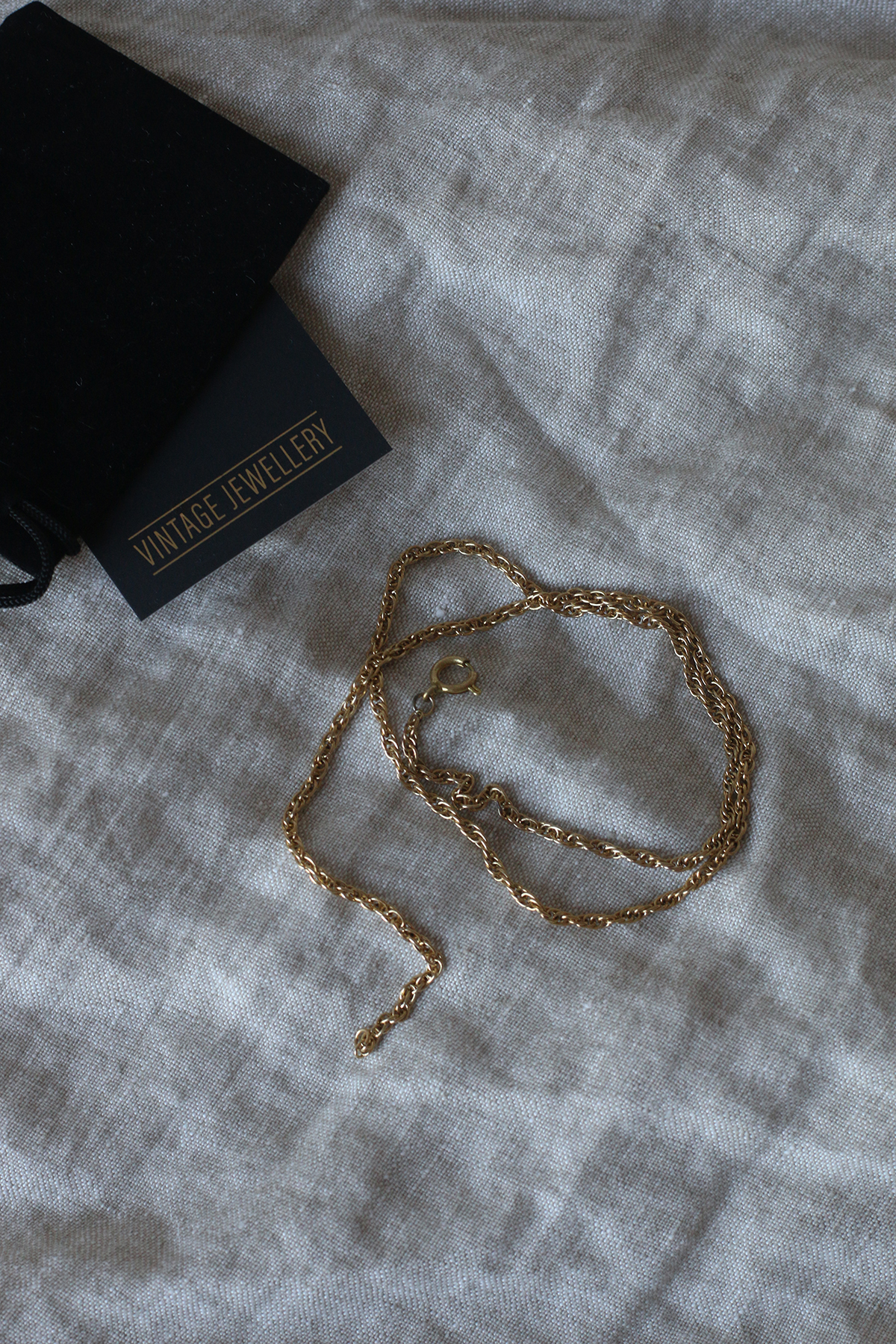
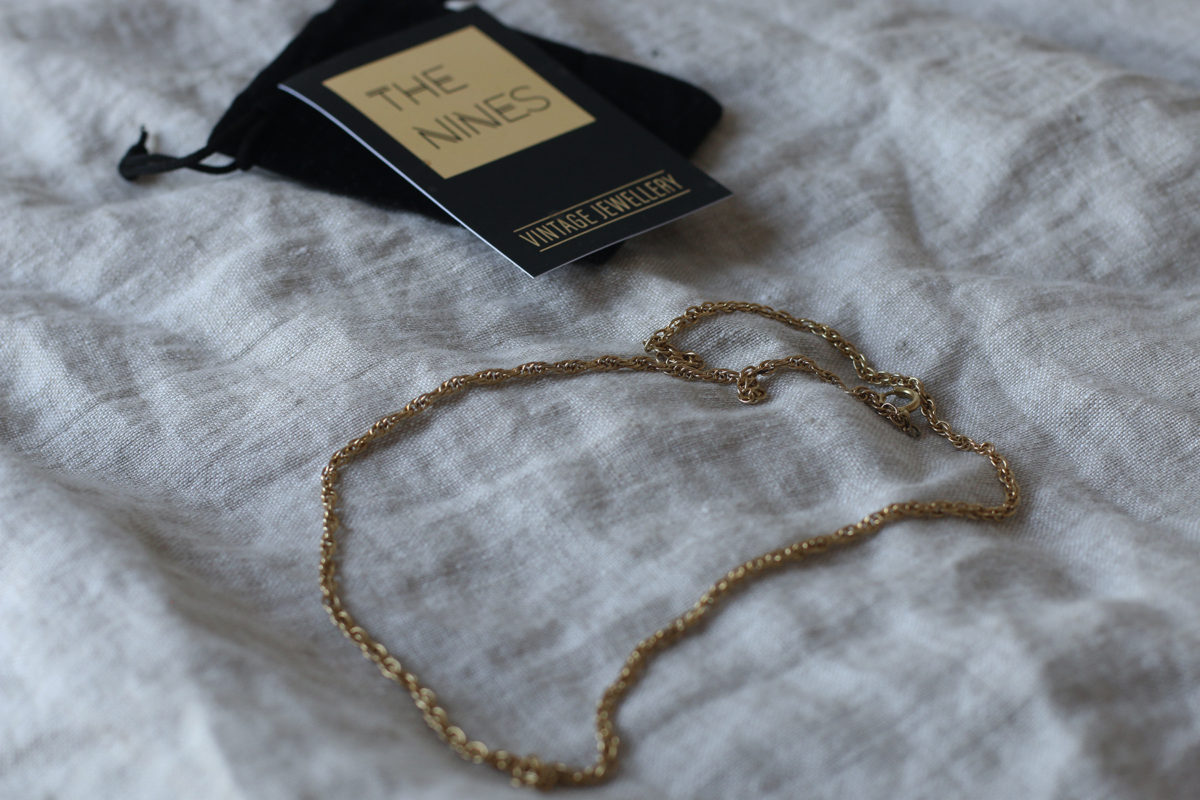
Artisan jewelry
Artisan jewelry is special because each piece is uniquely handcrafted by a talented artisan who puts their creativity, skills, and often centuries-long traditions into the products. But unfortunately, artisans are also often some of the most marginalized people in the world – they live in lesser-developed regions, they lack adequate financial and business resources, and do not have direct access to the global marketplace even though artisan craftsmanship is one of the most important income sources for women and men in these regions. This lack of access makes them dependent on middlemen who frequently take advantage of their vulnerability. Thankfully, some ethical jewelry brands are working to change this situation and empower artisans all around the world.
They are part of the emerging social enterprise sector – they defy the conventional profit-maximizing way of doing business and use their income to make a social impact. In the case of artisan jewelry, they help local artisans by providing them financial assistance, micro-loans, trainings, business and design consultancy, and help them bring their art to people all around the world.
I have already written about such a company, Soko on the blog (read that post here). This summer, I got acquainted with another ethical artisan jewelry brand, Artisan & Fox who introduced their mission to me and very graciously offered me to try one of their products (I’m wearing their KAMILI Moon hoops on the photos). They are a social enterprise working with artisans across the Middle East, Africa, and Southeast Asia, showcasing their handcrafted jewelry, homewares, and accessories to international markets. Artisans are guaranteed half of the gross profits, and their remaining profits are reinvested into helping more makers. Like most social businesses, they do not pay out dividends. They also provide microloans, advance payments, or material costs in order to help local artisans expand their small businesses.
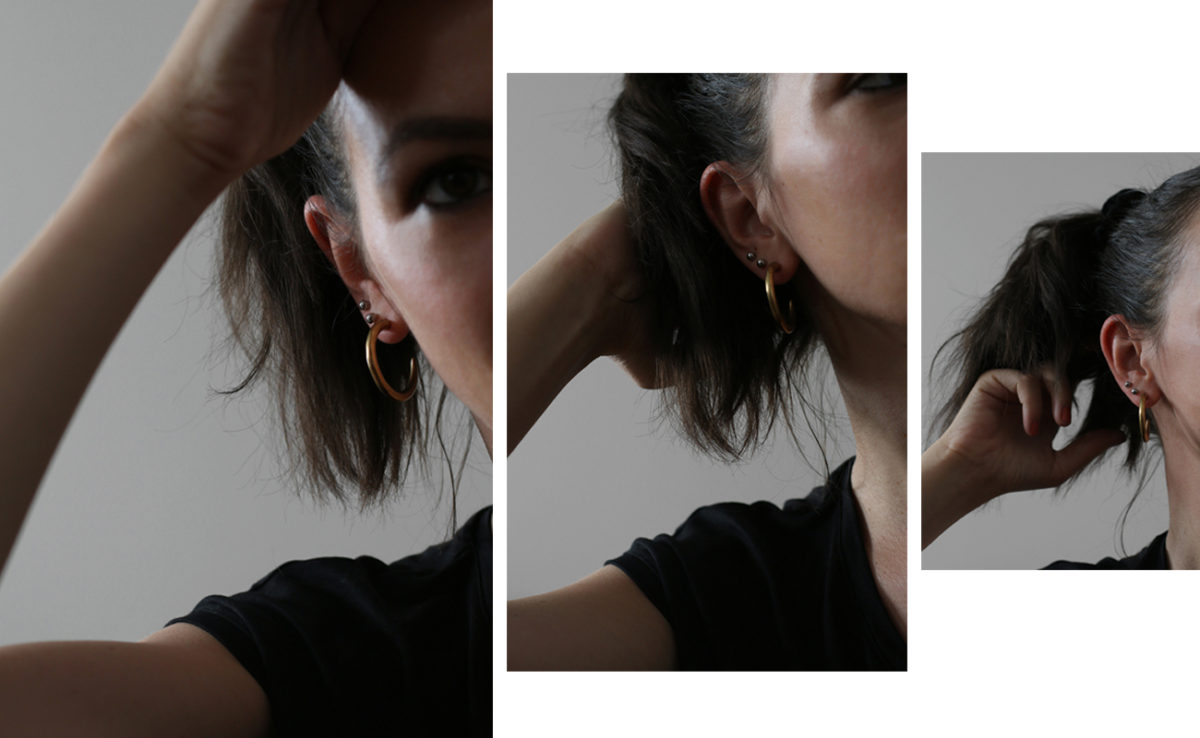
These social enterprises are not just ethical but try to be as eco-friendly as possible as well, frequently using upcycled and recycled materials in their collections. Design is also a priority for them. If you know my style, you know that bohemian, colorful clothes and accessories that are frequently associated with artisan, fair-trade clothing and jewelry are really far from my style. But these artisan brands offer a variety of styles, from whimsical to classic and minimal. If you’re looking for unique pieces that also help talented artisans make a sustainable income, ethical artisan brands are a great choice.
Ethical jewelry brands
If you’re buying new jewelry, try to buy from an ethical and sustainable brand. These companies pay attention to where they source their material from, provide fair wages and labor conditions, and strive to minimalize the ecological and social impact of creating new jewelry.
Some good indicators of whether a brand takes the ethical and environmental impacts seriously:
+ Materials: they provide information on their supply chain and where they source the material from, work with partners that produce material in an ethical and ecological way, they use as many recycled/repurposed/upcycled materials as possible, use recycled or synthetic, lab-grown diamonds.
+ Ethical labor standards: they provide fair wages and safe working conditions and are transparent about their factories and workforce.
+ Green operations: they try to minimize their environmental footprint by various green business practices, e.g. using renewable energy or carbon offsetting. Offering services like recycling or repairing is also important.
+ Packaging: use recycled packaging and try to minimize their waste.
+ Supporting social causes: donate a percentage of their profits, work with social organizations and charities.
+ Certifications: in the case of bigger brands, it’s better if they can show that they have certifications from trustworthy third-party organizations (e.g. The Responsible Jewelry Council, Fairtrade Gold, Fairmined). In case of very small or one-person operations (like an artisan seller on Etsy), it’s OK if they are not certified as these often can be quite costly processes.
Here are a couple of ethical jewelry brands to check out:

